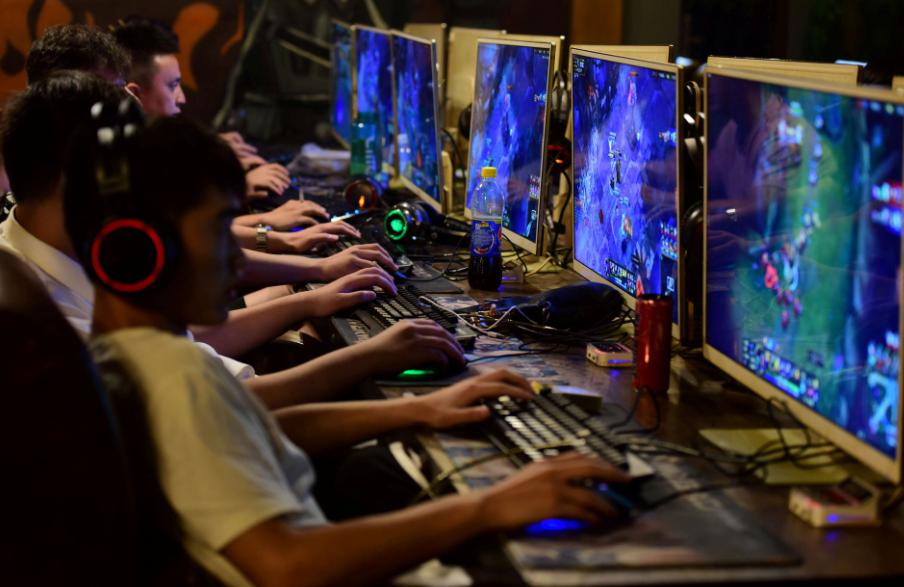China intends to restrict gaming, especially for minors, through new regulations. Until now, I had heard of filters and locking devices on mobile phones even by game makers to stop excessive gaming on mobile. Apparently it would be a scourge of Chinese society, which lowers the productivity of the little ones at school.
Until now, the restrictions sounded like this: children up to 12 years old could play for a maximum of one hour a day, and those between 13 and 18 years old could play for up to 2 hours. The new restrictions, which come into force on September 1, are more severe: minors can only play between 20:00 and 21:00 and only on Fridays, Saturdays, Sundays and public holidays. That means 3 hours of gaming a week, less than what real gamers spend on consoles, PCs, phones.

Another novelty is that the Chinese government is now forcing gaming companies to implement an identity verification system . This way, you can only have an account associated with a game if you use your real name and newsletter. Gaming restrictions began in China in 2019, and authorities have argued that online gambling addiction is becoming more prevalent among children and teenagers.
In addition, authorities say the old rules, with 90 minutes of gaming a day and 3 hours on weekends, have caused dissatisfaction among parents, who want shorter periods. The Chinese government will check with major gaming manufacturers to make sure they comply with the restrictions. There are about 110 million underage gamers in China. In addition, Tencent, China's largest game maker, claims that 2.6% of all users are under 16 years old.
Thus, the impact would not be significant in terms of revenue.
